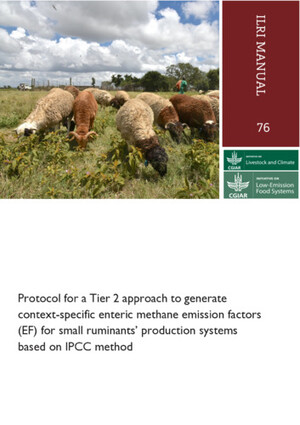
Invasive alien plants in Africa and the potential emergence of mosquito-borne arboviral diseases: A review and research outlook
Abstract
The emergence of arthropod-borne viruses (arboviruses) as linked to land-use changes, especially the growing agricultural intensification and expansion efforts in rural parts of Africa, is of growing health concern. This places an additional burden on health systems as drugs, vaccines, and effective vector-control measures against arboviruses and their vectors remain lacking. An integrated One Health approach holds potential in the control and prevention of arboviruses. Land-use changes favour invasion by invasive alien plants (IAPs) and investigating their impact on mosquito populations may offer a new dimension to our understanding of arbovirus emergence. Of prime importance to understand is how IAPs influence mosquito life-history traits and how this may affect transmission of arboviruses to mammalian hosts, questions that we are exploring in this review. Potential effects of IAPs may be significant, including supporting the proliferation of immature and adult stages of mosquito vectors, providing additional nutrition and suitable microhabitats, and a possible interaction between ingested secondary plant metabolites and arboviruses. We conclude that aspects of vector biology are differentially affected by individual IAPs and that while some plants may have the potential to indirectly increase the risk of transmission of certain arboviruses by their direct interaction with the vectors, the reverse holds for other IAPs. In addition, we highlight priority research areas to improve our understanding of the potential health impacts of IAPs.
Citation
Agha, S.B., Alvarez, M., Becker, M., Fèvre, E.M., Junglen, S. and Borgemeister, C. 2021. Invasive alien plants in Africa and the potential emergence of mosquito-borne arboviral diseases: A review and research outlook. Viruses 13(1): 32.







